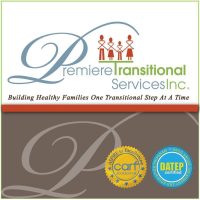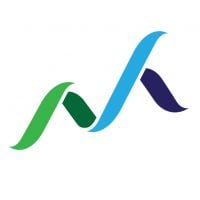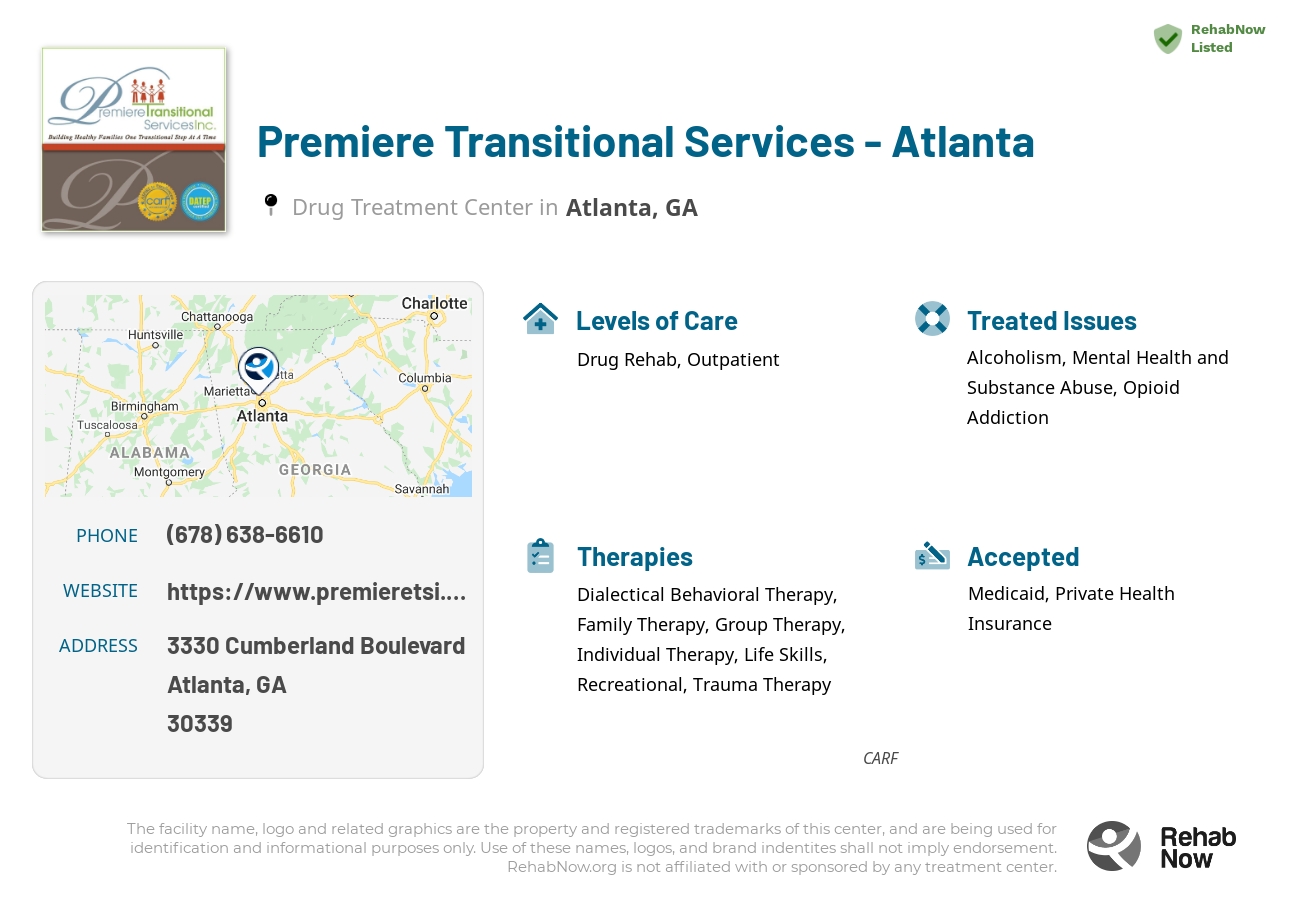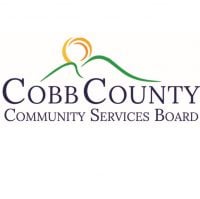
Premiere Transitional Services - Atlanta
Drug Rehab Center in Atlanta, Georgia
- Opioid Addiction
- Dual Diagnosis
- Drug Addiction
- Alcoholism
Premiere Transitional Services - Atlanta offers holistic and customized addiction recovery services, including evidence-based treatment, individual and group counseling, and aftercare planning, to promote long-term recovery and self-care in a safe and supportive environment.
About This Georgia Facility
Premiere Transitional Services - Atlanta provides holistic and customized addiction recovery and transitional services to help individuals overcome their addictions and create a foundation for long-term recovery. Located in Atlanta, Georgia, they offer residential and non-residential services to those in need of an individualized treatment program. With evidence-based treatment and over 20 years of experience, the team of professionals equip individuals with the skills needed for a successful recovery journey.
At Premiere Transitional Services - Atlanta, the focus is on providing clients with an integrated treatment approach that combines different evidence-based practices, like Cognitive Behavioral Therapy and Dialectical Behavioral Therapy. Additionally, clients connect with certified specialists, peer counselors, and support groups. Through individual and group meetings, individuals receive one-on-one counseling and learn coping strategies for managing triggers and effectively dealing with stress, cravings, and relapses. Furthermore, clients can be recommended to attend a 12-step program and receive assistance with aftercare planning upon completion of their program.
Premiere Transitional Services - Atlanta is a state licensed facility that offers high quality, evidence-based addiction treatment services. With substantial resources and a caring, professional staff, they ensure a safe and comfortable environment where individuals are encouraged to focus on self-care and healing. In addition, they provide a comprehensive mental health assessment and an individualized treatment plan to ensure that each client receives the highest level of support and care throughout their recovery journey.
Genders
Ages
Modality
Additional
Accreditations

CARF
The Commission on Accreditation of Rehabilitation Facilities (CARF) is a non-profit organization that specifically accredits rehab organizations. Founded in 1966, CARF's, mission is to help service providers like rehab facilities maintain high standards of care.
Conditions and Issues Treated
Opioid abuse has become a national epidemic in the last decade. The US has one of the world’s highest rates of opioid use and abuse, as well as opioid-related deaths. Opioids are classified as Schedule II-IV controlled substances in the US due to their high potential for abuse.
Oxycodone, hydrocodone, methadone, and fentanyl are the most common Opioids and are commonly prescribed to treat pain. Tolerance to opioids develops over time, making life difficult, if not impossible, without them. Opioid users often obtain the drugs illegally. They can be drug dealers, friends, or family members who do not have valid prescriptions.
The desire for a more intense high than prescription opioids can quickly lead to heroin use. Heroin users are more prone to illness and death due to the high risk of overdose.
Many opioid addicts who seek treatment believe that the only way to overcome their addiction is through medical detox and long-term drug addiction rehab. To help patients wean off their addiction and reduce the risk of overdose, medication-assisted therapy (MAT) involves prescribing a replacement opioid. Doctors use MAT in conjunction with other anti-craving medications to help patients maintain recovery. Due to the high risk of relapse, MAT is often combined with individual and group counseling and social support programs.
Levels of Care Offered at Premiere Transitional Services - Atlanta
This center offers a variety of custom treatment tailored to individual recovery. Currently available are Drug Rehab, Outpatient, with additional therapies available as listed below.
An outpatient treatment program is set up to help with alcohol or drug addiction or a co-occurring disorder. The patient must attend the facility for their therapy and other programs but can return home each night.
The frequency of mandatory attendance decreases after much of Premiere Transitional Services - Atlanta‘s program is complete.
Outpatient treatment is a recovery approach that allows recovering addicts to live at home while getting rehab for addiction
An outpatient can include day treatments which include attending group sessions one hour per week. A person living in an outpatient environment may be allowed the opportunity to work full time if they choose to and continue studies without interruption from drugs/alcohol.
Outpatient treatment is an option for people who want to maintain their careers and families. Outpatients live at home but attend treatment such as individual counseling, group counseling, or twelve-step meetings during the day.
Therapies & Programs
At Premiere Transitional Services - Atlanta , to learn from past mistakes and improve one’s situation, the recovering person meets individually with a therapist. The counselor or therapist will address addiction causes, triggers, mental issues, dual diagnosis, and aftercare plans during this time. This is a very intense and challenging process. Some clients find it easier to open up to someone other than family or friends who understand their struggles with addiction.
Family therapy is a crucial part of drug treatment and getting sober. It is one of the most effective ways to help addicts stay on the path to long-term sobriety. An addict’s family can play a vital part in helping them to avoid relapse. They can spot the warning signs and help them get back on track.
In group therapy, recovering addicts meet with a therapist and other people in recovery. Some groups are closed, meaning only people who share the same addiction or problem can attend. Others are open to anyone who wants to stop using drugs or drinking alcohol. Group therapy sessions typically focus on one topic each week or month so that recovering addicts can discuss issues they face daily.
Trauma therapy allows people to face and learn from past traumas.
Many people suffer childhood traumas that lead to adult addiction. During treatment at Premiere Transitional Services - Atlanta [/type], you can move forward in your recovery and reclaim your sober future! Trauma is a common cause of psychological disorders like Addiction Disorder. It’s common in Addictive Disorders patients because traumatized people have strong emotions or thoughts that lead to addictive behaviors.
Dialectical Behavior Therapy (DBT) is a type of therapy created in the late 1980s and early 1990s. It was designed to help people with high rates of suicidal behavior.
The goal of DBT is to teach mindfulness, distress tolerance, emotion regulation, and interpersonal effectiveness to help people learn how to live a life that is no longer controlled by overwhelming emotions and urges.
DBT is beneficial in treating drug addiction because it helps patients understand and cope with their cravings for drugs or alcohol rather than turning to those substances as a way of coping.
Cognitive Behavioral Therapy (CBT) is based on the idea that how we feel, think and act all interact together. It helps people explore their thoughts for problems (or false beliefs) that influence their mood and actions. CBT is very goal-oriented, which means that the therapist and patient work together on a specific problem. In addition to helping a client focus on thoughts that can be changed, CBT also allows them to take an active role in their treatment. Our thoughts determine our feelings and behaviors; our feelings affect our thoughts, and our behaviors change our thoughts and feelings.
Drug and alcohol addiction can lead to a breakdown in life skills. Learning certain life skills can help those who are struggling with addiction. Life skills training at Premiere Transitional Services - Atlanta in Atlanta, GA teaches patients skills such as time management, budgeting, and social abilities to improve their quality of life and prevent relapse.
An addict’s life skills are maladaptive, meaning they are counterproductive. An addict may have learned poor time management skills growing up, have a hard time budgeting money, or be socially awkward. An addict’s poor life skills can lead to relapse and the inability to achieve long-term sobriety. Life skills training teaches patients effective coping mechanisms, which can help them live a clean and sober life.
Payment Options Accepted
For specific insurance or payment methods please contact us.
Is your insurance accepted?
Ask an expert, call (888) 674-0062
Additional Details
Specifics, location, and helpful extra information.
Atlanta, Georgia 30339 Phone Number(678) 638-6610 Meta DetailsUpdated November 25, 2023
Staff Verified
Patient Reviews
There are no reviews yet. Be the first one to write one.
Atlanta, Georgia Addiction Information
Prescription opioid use has caused a large increase in the total amount of overdoses in Georgia. Almost 12% of the Georgia population uses illicit drugs each year, and slightly over 3.5% also abuses alcohol at the same time. This does not include those who binge-drink at least once a month, which includes 20% of all Georgians.
Addiction statistics for 2019 show that about 62% of people died from drug overdoses in Atlanta. Opioids were involved in 59.5% of those deaths. The community is plagued by the illegal drug trade, which contributes to crime and violence. In 2013, there were 9,570 admissions to substance abuse treatment programs in Atlanta. With patience and perseverance, you should be able to find the perfect treatment facility for your needs.
Treatment in Nearby Cities
- Douglas, GA (188.5 mi.)
- College Park, GA (15.2 mi.)
- Morven, GA (210.4 mi.)
- Washington, GA (99.3 mi.)
- Columbus, GA (102.4 mi.)
Centers near Premiere Transitional Services - Atlanta



The facility name, logo and brand are the property and registered trademarks of Premiere Transitional Services - Atlanta, and are being used for identification and informational purposes only. Use of these names, logos and brands shall not imply endorsement. RehabNow.org is not affiliated with or sponsored by Premiere Transitional Services - Atlanta.





